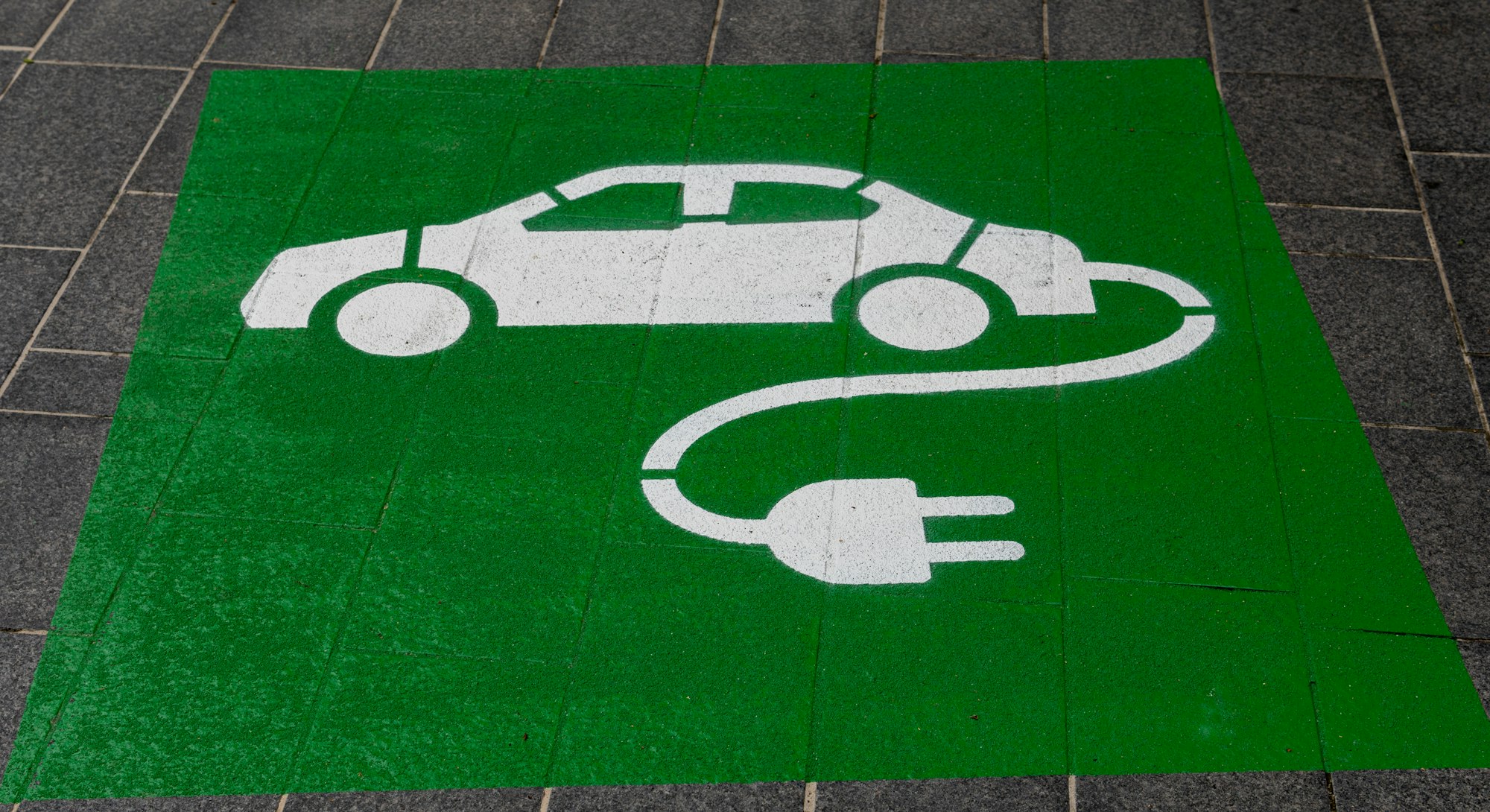
On Broken Records and Substellar Progress Ahead of COP 28
What does it say about COP28 that shortly before it began, the United Nations Environment Programme released a report tellingly titled "Broken Record," and another major report found 41 of 42 key climate indicators to be off track?
What does it say about COP28 that shortly before it began, the United Nations Environment Programme released a report tellingly titled "Broken Record," and another major report found 41 of 42 key climate indicators to be off track?
Outline
For everything, there is a season, and this is the season of the year’s biggest international meeting on climate action. Ahead of COP 28—that is, the 28th Conference of the Parties, taking place in Dubai—we were deluged with hefty reports about progress on climate action and just how much more work there is to do. (Short version: A LOT.)
UN's Emissions Gap Report
Among the most significant of these updates is the Emissions Gap Report from the United Nations Environment Programme, bluntly titled “Broken Record: Temperatures hit new highs, yet world fails to cut emissions (again).”
Indeed, it surprises no one to say that global average temperatures are up, and that emissions keep increasing when we need them to plunge. But there are a few takeaways to take solace in, like this one about progress since the landmark Paris Agreement at COP 21: “Globally, GHG emissions in 2030 based on policies in place were projected to increase by 16 per cent at the time of the adoption of the Paris Agreement. Now the projected increase is 3 per cent.” Things could be worse—and likely would be if it weren’t for this type of exercise.
Still, the report is unsparing in its assessment of how so many countries—97 in all—have pledged to bring their greenhouse gas emissions down to zero, but most aren’t demonstrating much reason to take such claims seriously: “The number of net-zero pledges continues to increase, but confidence in their implementation remains low.”
State of Climate Action 2023
Consider another major new report, the State of Climate Action 2023, from the World Resources Institute’s Systems Change Lab. It looks at progress in 42 sectors with an eye toward where we need to be in 2030 to limit global heating to 1.5 degrees C over pre-industrial levels—the benchmark set by the Paris Agreement to forestall the worst impacts of climate change. Of those 42 indicators, 41 are off track.
The lone true bright spot is that electric vehicles are making up a growing portion of car sales. Other indicators appear favorable but aren’t quite where we need them to be; for instance, while the rise of wind and solar power has been encouraging, we need zero-carbon power to grow faster, faster, and faster still.
To be fair, most other sectors ARE headed in the right direction, just listed as “well off track.” These range from crop yields to mangrove reforestation to global private climate finance to progress on technological carbon removal—all of which are off by a factor of 10 or more.
But more worrisome are the six items listed as headed in the wrong direction, where a U-turn is needed—for instance, public financing for fossil fuels. (Here, we’re obliged to note that these findings came out days before the BBC reported that COP 28’s host nation, the United Arab Emirates, made plans to sidebar with other countries about, er, selling more fossil fuels—a revelation some experts are calling “not great.” …Deep breath. Sip of water.)
It will take a sizable effort to turn these things around, but we don’t think it’s impossible. And if you’ve read this far, you’re exactly the type of person this moment calls for. Terra.do can help you better understand the lay of the land—and Climate Change: Change Learning for Action can help you to apply your passions and skills to make a difference. It may not be easy work, but it sure beats playing the passive spectator.
There aren’t exactly any disinterested sidelines to watch from, after all.
More like this
So You're Ready to Step Up on Climate Action. Now What?
Folks ready to learn and do more about climate change have an array of options to get started. What are their respective pros and cons, and how does Terra.do stack up?
Our Next Cohort's Nickname Is the Manatees. Here's Why That's Special.
We've named each graduating class after animals at risk in our warming world, and we've just finished our first full lap through the alphabet.
Couldn’t We All Use More Storage?
Where are we going to put all that clean power from variable renewables like solar and wind? The world of batteries is already ramping up.

 Background
Background


